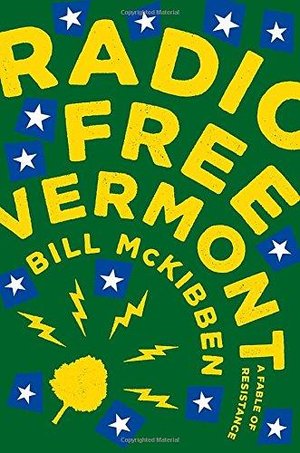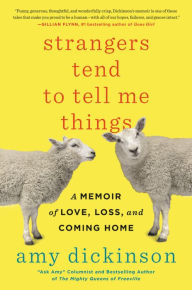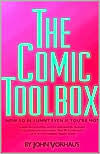
Subtitled A Fable of Resistance, this is the story of radio personality Vern Barclay’s mission to persuade Vermont to secede from the U. S. Seventy-two years old and dismayed by the speed, greed and corruption that have taken over the country, Vern wants to remind Vermonters of all the things they value that are being lost, not just the slower pace of life, but also local food and the strength of community: Vermont’s “free local economy, where neighbors make things for neighbors—and so they actually bother to give them some taste, body, and character.”
He and his accomplices, the young computer specialist Perry Alterson, his pal Sylvia and an Olympic athlete named Trace, come up with various pranks to drive their point home, starting with a protest at the opening of the first Walmart that backfires, spewing raw sewage into the store. Vern also has hosts a podcast that Perry has set up to use over a dial-up connection to foil their pursuers. The podcast’s motto is “Underground, underfoot and underpowered.”
For Vern, this is more of a thought experiment than a serious endorsement of secession. He mostly wants people to wake up and notice that some good things are slipping away. Still, it fits with the push for secession coming from states like Texas and California.
Humor isn’t that easy to write these days. No matter how much you exaggerate what’s happening in this country, reality shocks you by going even farther. Yet McKibben pulls it off. This zany story is full of fun and surprises, but never quite loses touch with the real world, or a possible version of it.
The satire is softened by the characters who are forthright but pleasant, stubborn but polite. I loved seeing a resistance movement that is not only nonviolent but also positive. It’s focused on building a better future, not just tearing everything down, and demonstrating how to take action, in a friendly way of course.
Funny and thought-provoking, I hope this novel from McKibben is the first of many more. It’s a departure from his many nonfiction books, starting with The End of Nature, in form if not in theme, and must have been a hoot to write.
Have you read any of Bill McKibben’s nonfiction books? Try this novel!


